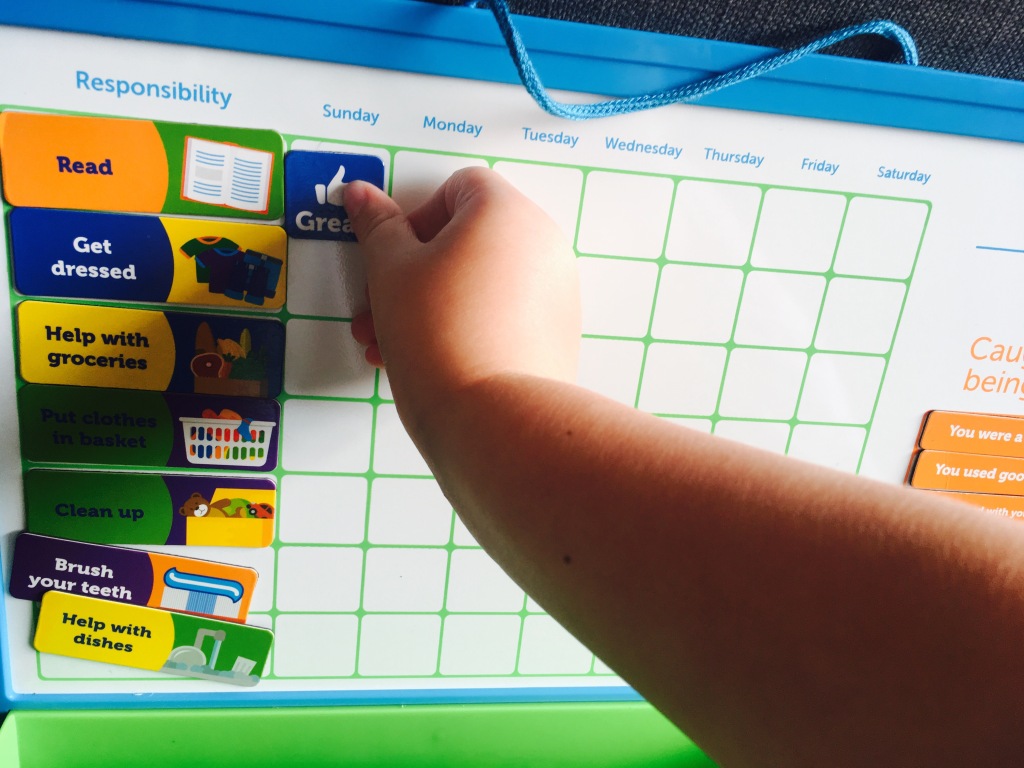
Start the Year Right!
Empowering Your Child’s Independence with Executive Functioning Tools
As we embrace a new year and the children are back to school, it’s the perfect opportunity to help children build essential life skills. One of the most critical areas of development for kids—especially those with special needs—is executive functioning. These skills are important for academic success and daily life as they teach them how to plan, prioritise, be organised and manage their time effectively.
At EduRomp, we believe that with the right tools, every child can improve these skills. Whether your goal is to help them stay organised, complete tasks independently, or manage their time effectively, we’ve got you covered.
What Are Executive Functioning Skills?
Executive functioning skills are skills that help children regulate behaviour and meet their goals. These include:
• Getting Started
• Being able to stop
• Being able to shift between physical and mental tasks
• Planning and organising
• Emotional control
• Remembering one or two step instructions
• Break down large tasks into smaller, manageable steps.
• Stay focused on tasks and follow through.
• Adapt to changes in routines or unexpected challenges.
Benefits
Developing these skills has many benefits such as helping children through their school work, stay focused and avoid disrupting classes. They will also learn how to think critically, make decisions and adapt which will help them as they grow into adults.
For children who lack or show poor executive functioning skills, or who may struggle with attention and focus, the skills don’t always come naturally. There are some simple ways to help them manage their behaviour and develop the skills they need to succeed.
Simple Tools for Big Results
Here are some practical, family-friendly tools to help your child develop these essential skills:
Visual schedules break down daily routines into manageable, easy-to-follow steps. These are especially helpful for children who thrive on routine. You can customise the schedule with pictures or symbols to match your child’s preferences.
Morning routines: Brush teeth, eat breakfast, get dressed.
After-school tasks: Homework, snack, free time.
Why they work: They reduce anxiety about “what’s next” and empower children to take ownership of their routines.
2. Task Timers
For children who find it hard to focus or complete tasks, a timer can be a game-changer. Use visual timers that show time passing in colours, helping kids understand how much time is left.
Why they work: They improve focus and teach time awareness.
3. Plannersand Checklists
Teach children to plan their day or week by using planners or daily checklists. These tools help children learn to prioritize tasks and develop independence.
Schoolwork planners: Track homework and projects.
Weekly to-do lists: Write down tasks for home or school.
Why they work: They encourage independence and reduce reliance on reminders from parents.
Clutter can overwhelm even the most focused child. Desk organizers help create a tidy, distraction-free space for learning and creativity. Use compartments or trays to sort:
Stationery like pencils, markers, and scissors.
School supplies such as notebooks and textbooks.
Craft materials like glue sticks and paper.
Why they work: An organized workspace promotes focus and helps children locate what they need quickly, reducing frustration.
How to Get Started
Start Small: Introduce one tool at a time, like a visual schedule or desk organiser, and gradually add more as your child gets comfortable.
Make It Fun: Let your child pick colours or themes for their planners or schedules.
Encourage Independence: Celebrate their successes with rewards, whether it’s completing a chore or following their schedule for the day.
Our Commitment to You
At EduRomp, we’re passionate about helping children thrive. Our collection of tools—from visual schedules and timers to desk organizers—are designed to empower kids to become more independent and confident in their abilities.






